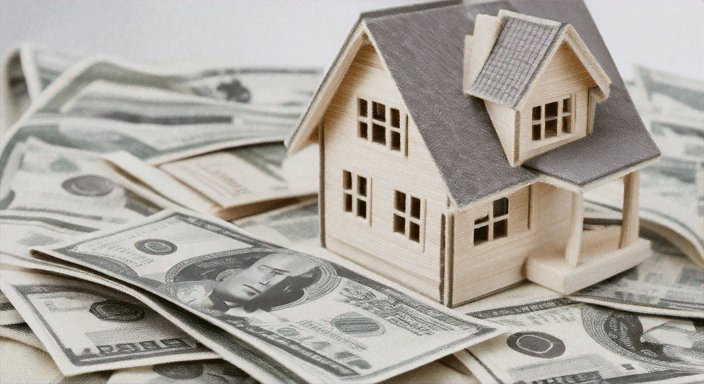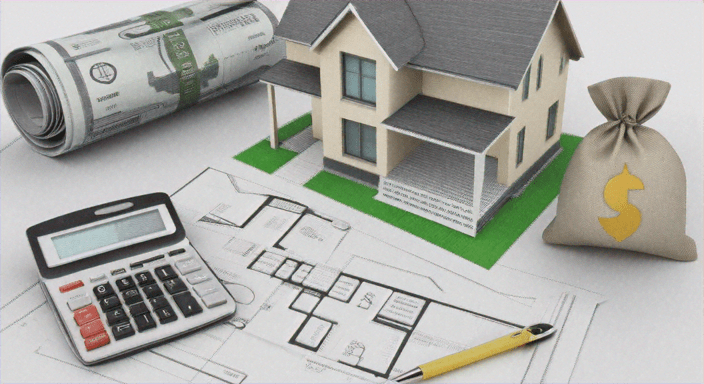Local governments heavily rely on property tax as a significant revenue stream. This article aims to provide a comprehensive understanding of property tax, the various factors influencing its assessment, the reasons behind its high rates in the U.S., and actionable steps to reduce it.

Understanding Property Tax
The assessment of property tax is based on the evaluated worth of your property, taking into account elements such as its size, location, and the value of neighboring properties. This tax is crucial for local governments, as it finances essential community services.
Key Factors Influencing Property Tax Assessment
A significant factor impacting property tax is the value of adjacent properties. For example, if you reside in a neighborhood experiencing a rise in property values, the assessed value of your property may increase, resulting in higher taxes. Conversely, if nearby property values decline, your tax bill may decrease. Local governments may compare the assessed value of your property with recent sale prices of nearby properties to ascertain its fair market value, thereby affecting your tax liabilities.
Furthermore, the assessment of property taxes can be influenced by recent sales of comparable properties. If similar properties in your vicinity have sold for more than their assessed value, it may lead to a reassessment and increased taxes for your property as well. The assessor may examine these comparable sales to determine the current market value of your property.
Additionally, changes in zoning regulations can affect property tax bills. For instance, if the zoning in your area is modified to allow for denser development, the value of your property may increase. Upzoning to permit commercial buildings in a previously residential area could also result in higher assessments.
Moreover, the condition of your property and any improvements made can influence assessed values. Renovating a deteriorated property or adding features like a pool may increase taxes. The assessor may take into account updated kitchens, bathrooms, and other improvements when evaluating your property’s worth.
Reasons for High Property Tax in the U.S.
Property tax rates in the U.S. can vary significantly across different states and localities. They are often high due to the substantial dependence on these taxes to fund local services. This reliance can result in higher rates, particularly in areas with greater demands for public services or where other forms of taxation are limited.
Strategies to Reduce Your Property Tax
-
Verify Assessment Accuracy: Errors in property assessments are not uncommon. If you suspect that your property’s assessed value is inaccurate, you have the option to appeal to your local government assessor’s office.
-
Explore Eligible Exemptions and Deductions: Many local governments provide property tax exemptions or deductions for specific groups, such as seniors, veterans, or disabled individuals. Check if you qualify for any of these programs.
-
Challenge Your Property Tax Bill: If your property tax appears disproportionately high compared to similar properties in your area, consider disputing it. Provide evidence such as recent home appraisals or sales data of comparable homes to support your claim.
-
Invest in Energy Efficiency: Upgrading your home to be more energy-efficient (e.g., installing solar panels or energy-efficient windows) can qualify you for tax credits or deductions. Investigate if your local government offers incentives for green energy improvements.
Final Thoughts
Property taxes are instrumental in supporting local communities, yet they can also impose a significant financial burden on property owners. By comprehending the factors that influence property tax, such as the impact of nearby property values and the reasons behind high rates in the U.S., you can better navigate this intricate issue. Additionally, by actively seeking ways to lower your tax bill—through verifying assessment accuracy, applying for exemptions, challenging your bill, or making energy-efficient home improvements—you can potentially alleviate this financial strain. However, it is crucial to balance these efforts with an understanding of the essential role property taxes play in funding community services. Knowledge and proactive management are vital to effectively handling your property tax obligations.





